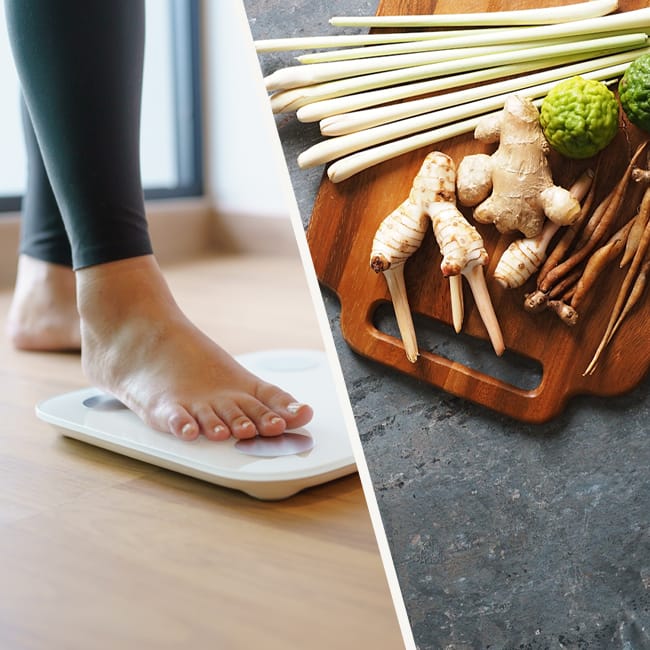This is an archived article and the information in the story may be outdated. Please check the time stamp on the story to see when it was updated last.
If you frequently suffer from a bloated belly then you likely know the discomfort and frustration that can accompany it. Inflammation can be caused by a number of outside factors from stress and anxiety, to even lack of sleep, but the result is the same: a painful, distended belly that can make even your stretchiest sweatpants uncomfortable. Although it’s always important to talk to a doctor before adding new supplements into your diet, particularly if you’re struggling with unexplained gastrointestinal issues, there are vitamins you can begin to take daily which may help alleviate inflammation and allow you to lose that extra water weight to finally feel good in your skin.


Vitamin A
Antioxidants are great for fighting off stressors in the body so it’s only natural that this applies to the causes of bloating as well. Verywell Health reports, “Studies have found vitamin A can keep the immune system from overacting and causing inflammation. Vitamin A is available in two forms: Beta-carotene is a provitamin that converts vitamin A in the body and vitamin A is an antioxidant that protects the body against free radicals.” Vitamin A is naturally found in foods such as carrots and leafy greens, so all the more reason to eat your vegetables!

Vitamin B
Studies have shown that vitamin B-6 can help to reduce bloating and inflammation as caused by PMS and may even be useful in boosting your overall metabolism, increasing fat burn and weight loss. This vitamin is often found in meat and animal products, as well as fruits, so if you follow a plant based diet you may benefit from integrating a B vitamin supplement into your routine to bridge the gap and help to eliminate discomfort and bloating. It’s important to note that a B vitamin supplement may react poorly with your current medications, so check with a doctor before adding anything new into your diet.

Probiotics
Probiotics can offer a number of wonderful benefits to your body, but they are especially useful for regulating gut health and keeping things moving, effectively minimizing inflammation in the stomach. “Good living bacteria aid digestive health by regulating and normalizing bowel movements,” Tanya Zuckerbrot, MS, RD, a New York City-based registered dietician and author of the The F-Factor Diet tells Well + Good. So long as you make sure to store your probiotic in the fridge to keep the cultures alive, your gut will thank you for the extra attention, allowing for lessened bloating and painful inflammation.


























